Although a small country Belgium has a wealth of UNESCO World Heritage Sites and there are a total of 12 UNESCO World Heritage Sites located throughout Belgium.
It is possible to visit all the UNESCO World Heritage Sites in Belgium in just a few days as they are all located within a relatively short driving distance from each other. We managed to visit all 12 UNESCO sites during a 4 day road trip of Belgium!
The 12 UNESCO World Heritage sites in Belgium
The 12 UNESCO sites and the year they were inscribed are:
- Belfries of Belgium and France (designated a UNESCO in 1995 and extended in 2005)
- Flemish Béguinages (1998)
- Historic Centre of Brugge (2000)
- La Grand-Place, Brussels (1998)
- Major Mining Sites of Wallonia (2012)
- Major Town Houses of the Architect Victor Horta (2000)
- Neolithic Flint Mines at Spiennes (2000)
- Notre-Dame Cathedral in Tournai (2000)
- Plantin-Moretus House-Workshops-Museum Complex (2005)
- Stoclet House (2009)
- The Architectural Work of Le Corbusier, an Outstanding Contribution to the Modern Movement (2016)
- The Four Lifts on the Canal du Centre and their Environs, La Louvière and Le Roeulx (1998)
Hover over the map for the names of the sites:

UNESCO Belgium
1 | Belfries of Belgium and France (1995, extended in 2005)
The 56 Belfires which make up the UNESCO site are spread across northern France and Belgium and were built between the 11th and 17th centuries. They represent Roman, Gothic, Renaissance and Baroque styles of architecture that emerged with the winning of civil liberties. We’ve visited a number of them including Ghent Belfry, Mons, Tournoi Cathedral and Antwerp (Cathedral of our Lady and Antwerp city hall). Pictured below is the Belfry at Ghent, a medieval tower located along the river overlooking the gorgeous city centre of Ghent.
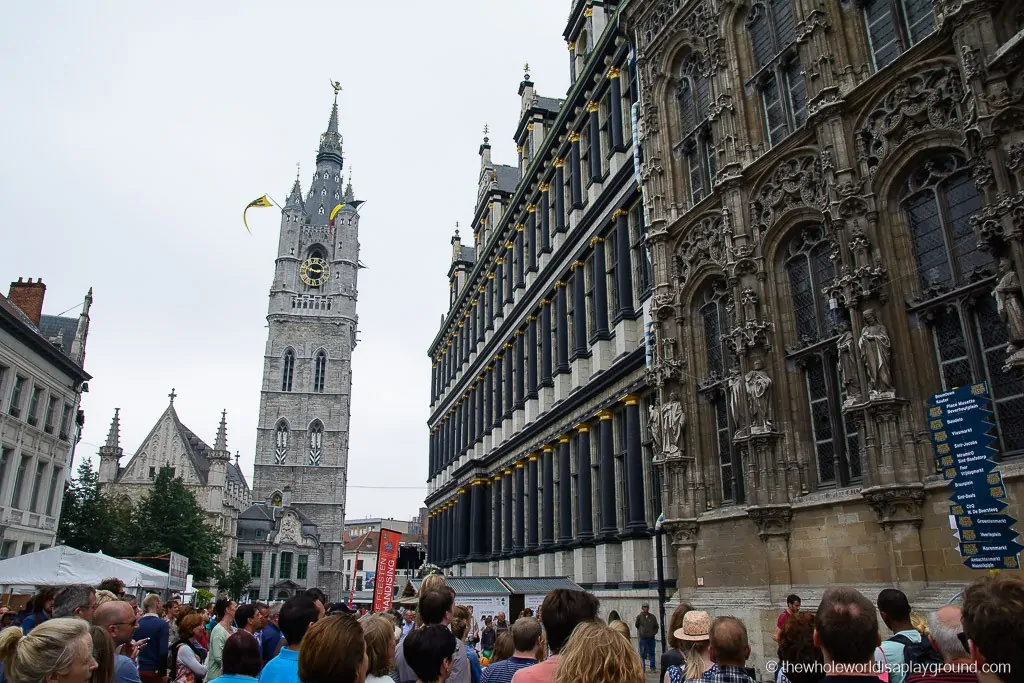
2 | Flemish Béguinages (1998)
Béguinages were lay women of the Roman Catholic Church who wanted to serve God while not removing themselves completely from the world. We visited the Flemish Béguinages in Flanders, with its beautiful church and quaint buildings.
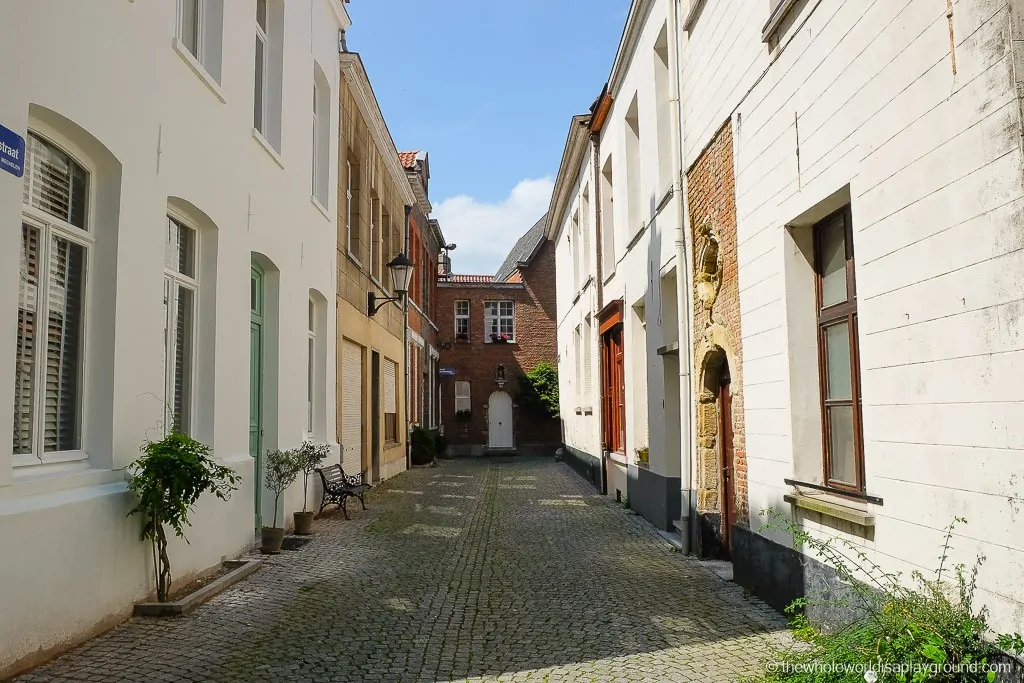
3 | Historic Centre of Brugge (2000)
Bruges is one of the most beautiful cities in Europe and worthy of the title ‘Venice of the North’. We’ve visited in both in the summer and winter and can safely say Bruges is beautiful at any time of the year. Make sure to climb the Belfry of Bruges for one of the best views in Bruges.
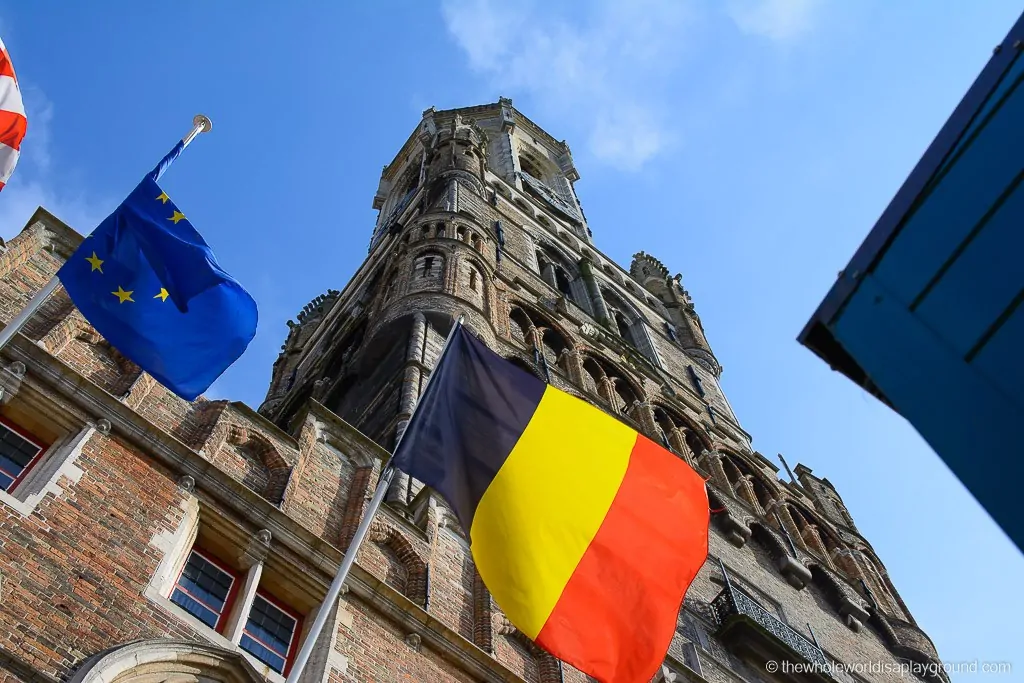
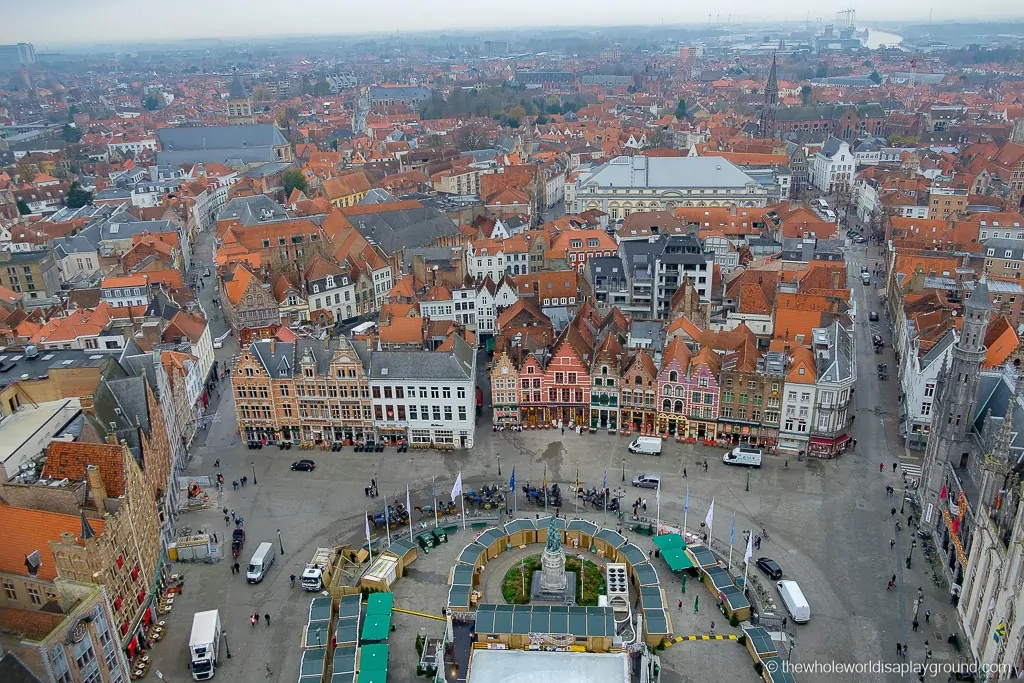
4 | La Grand-Place, Brussels (1998)
A square may seem like a strange designation for a UNESCO World Heritage Site but La Grand-Place in Brussels centre will have you gazing in awe. The buildings surrounding La Grand Place are stunning. Every two years in August the square is carpeted in a million colourful flowers which makes for an amazing site.
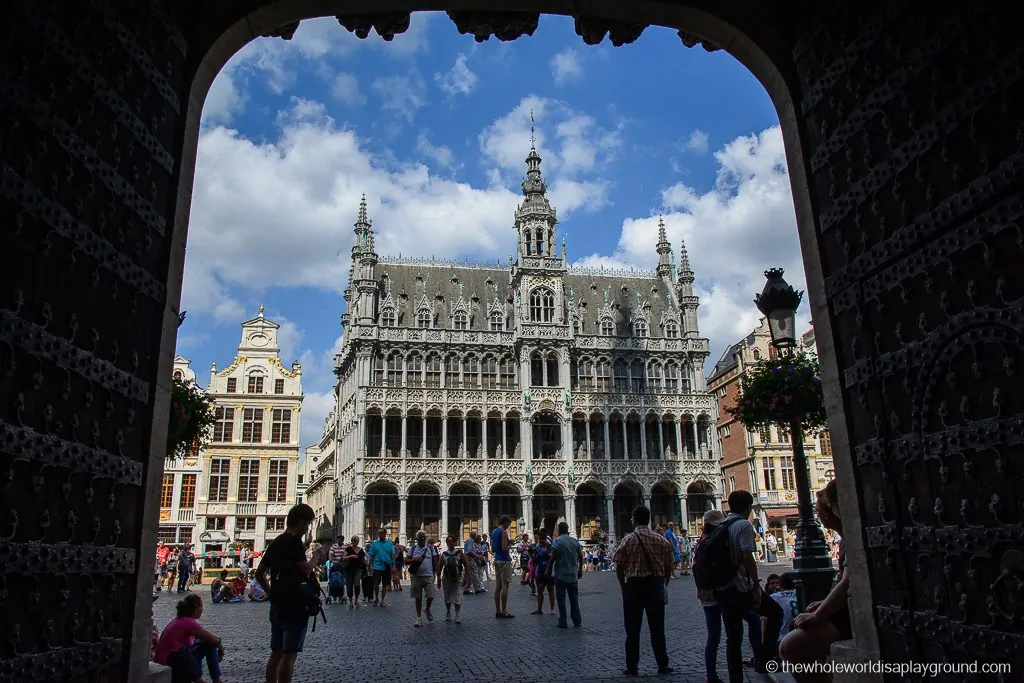
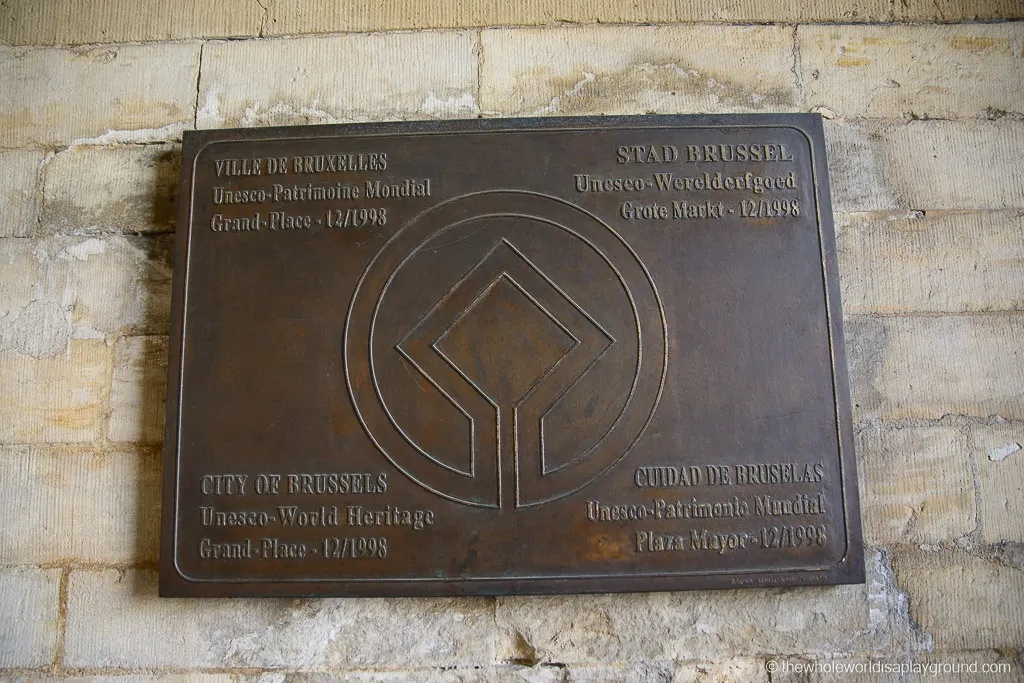
5 | Major Mining Sites of Wallonia (2012)
Mining was a major industry in Belgium in the 19th and 20th century and had a major impact on town planning and infrastructure design. The UNESCO inscription comprises of 4 mining sites: Grand-Hornu, Blegny-Mine, Bois du Cazier, Bois-du-Luc. We visited the complex at Grand Hornu, one of the worlds oldest towns.
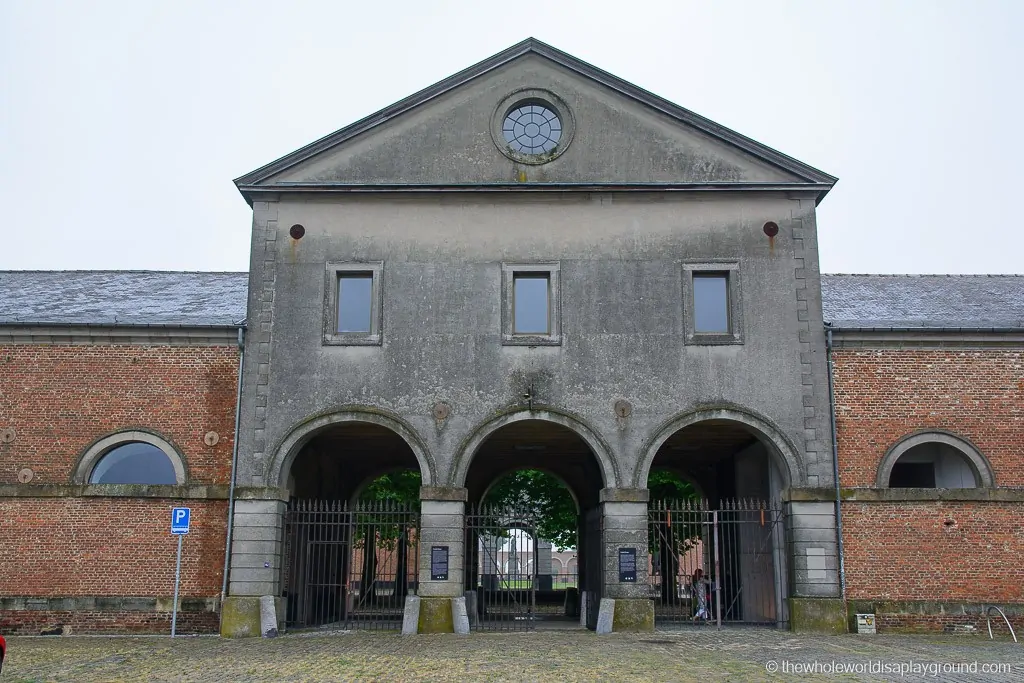
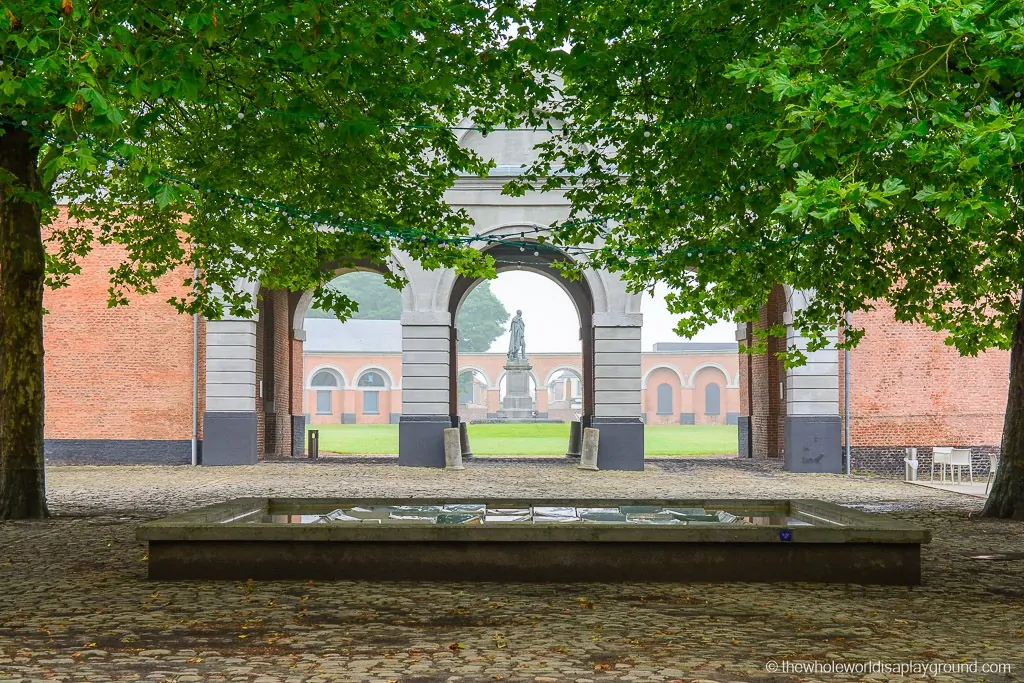
6 | Major Town Houses of the Architect Victor Horta (2000)
Four buildings are included in the UNESCO inscription: Hôtel Tassel, Hôtel Solvay, Hôtel van Eetvelde and Maison & Atelier Horta. The architect Victor Horta created these beautiful buildings in the art nouveau style he pioneered. We visited Hôtel Tassel located just outside of Brussels city centre.
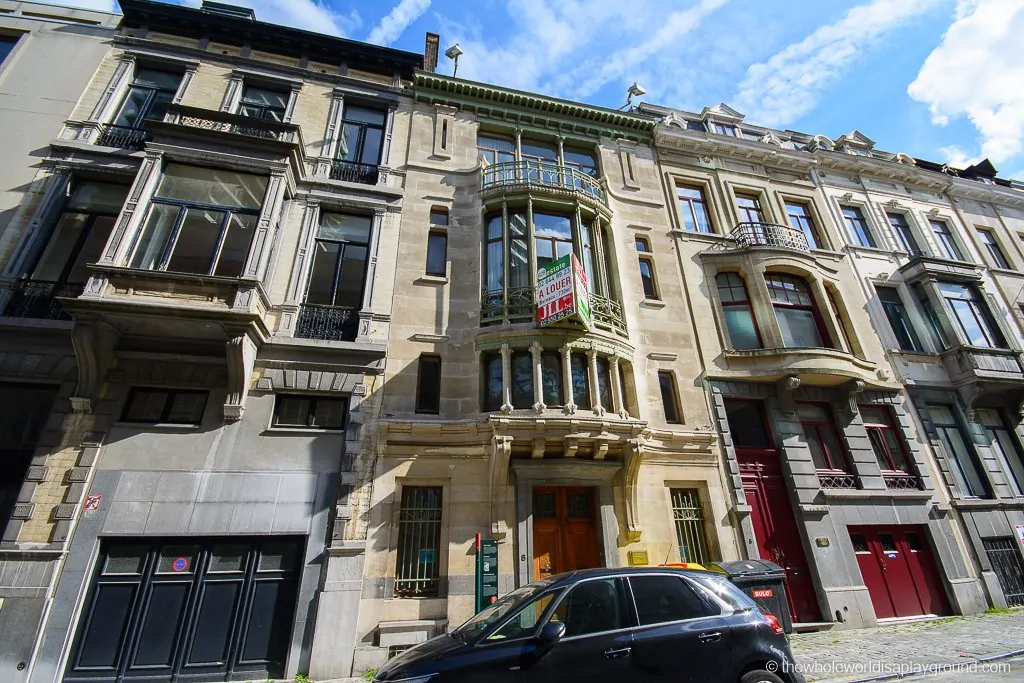
7 | Neolithic Flint Mines at Spiennes (2000)
These Neolithic Flint Mines are Europe’s largest and oldest Neolithic flint mines and were active between 4,300 and 2,200 BC.. The visitor centre and site are located just outside of Spiennes and are accessed by shuttle bus from the town centre.
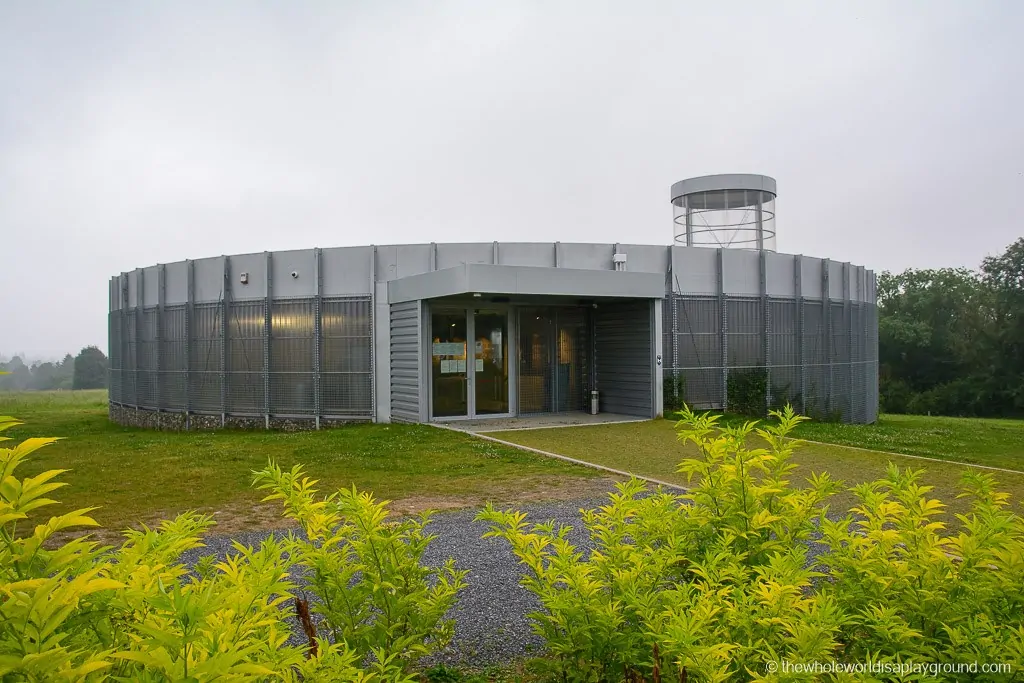
8 | Notre-Dame Cathedral in Tournai (2000)
There are a number of UNESCO inscribed Notre-Dame cathedrals across France and Belgium. The cathedral at Tournoi, built in the 12th Century, is just one of the stunning catherdral’s we visited.
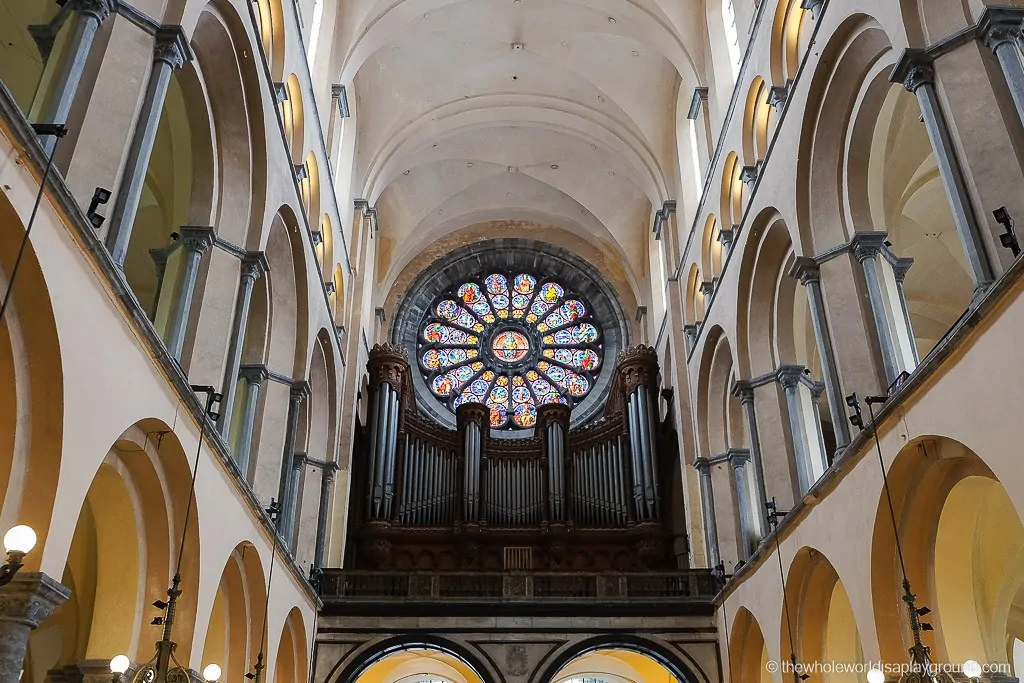
9 | Plantin-Moretus House-Workshops-Museum Complex (2005)
This printing museum in Antwerp is named after the famous printers Christophe Plantin and Jan Moretus who operated the complex during the 16th Century. We visited the UNESCO at Plantin-Moretus House while exploring Antwerp another gorgeous city worth setting aside some time to explore in Belgium.
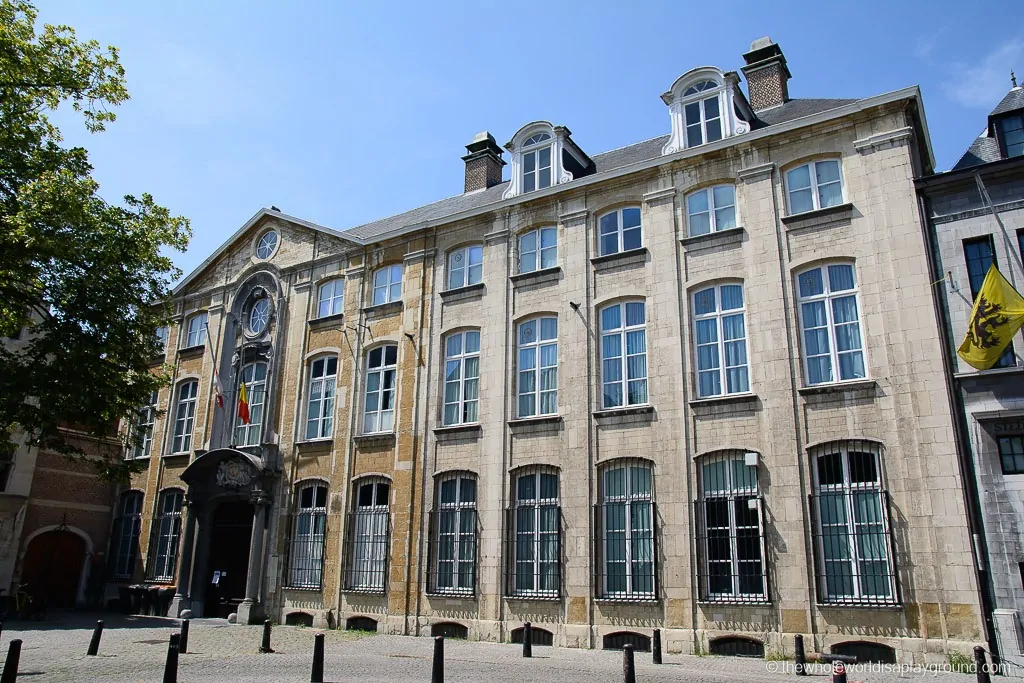
10 | Stoclet House (2009)
The lavish Stoclet house was designed and built for Adolphe Stoclet, a banker and art fanatic. When it was built it was one of the most lavish and luxurious houses of the 20th century. Unfortunately there is no public access to the house however the building is beautiful from the outside!
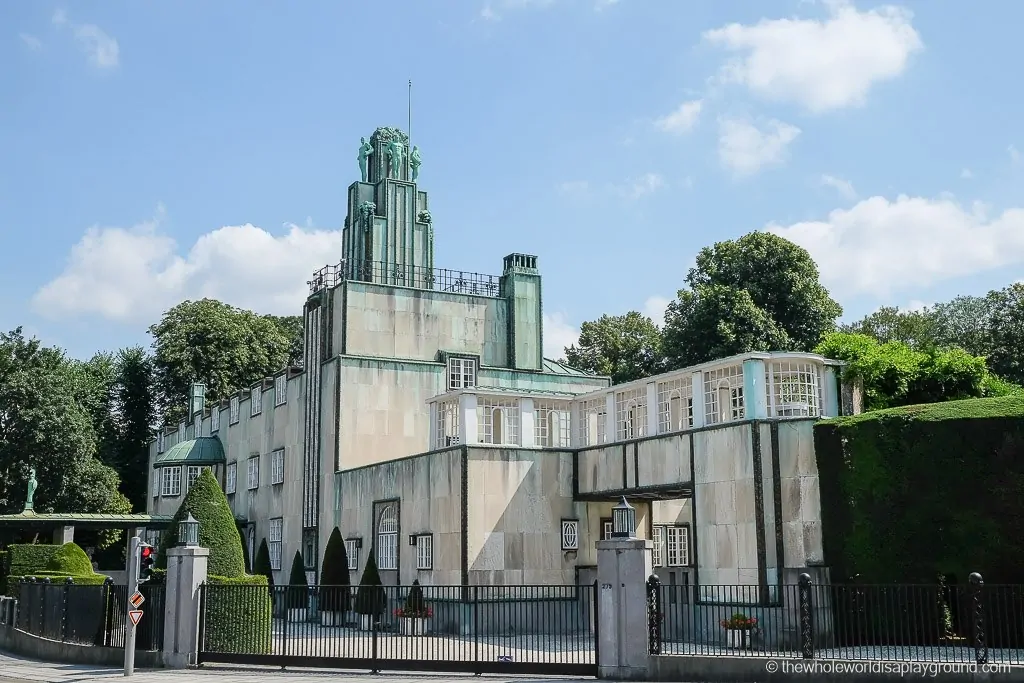
11 | The Architectural Work of Le Corbusier, an Outstanding Contribution to the Modern Movement (2016)
The Maison Guiette we visited in Antwerp is part of a collection of 17 buildings designed by architect Le Corbusier. The other Modernism buildings forming part of the inscription are located in Argentina, France, Germany, India, Japan and Switzerland.
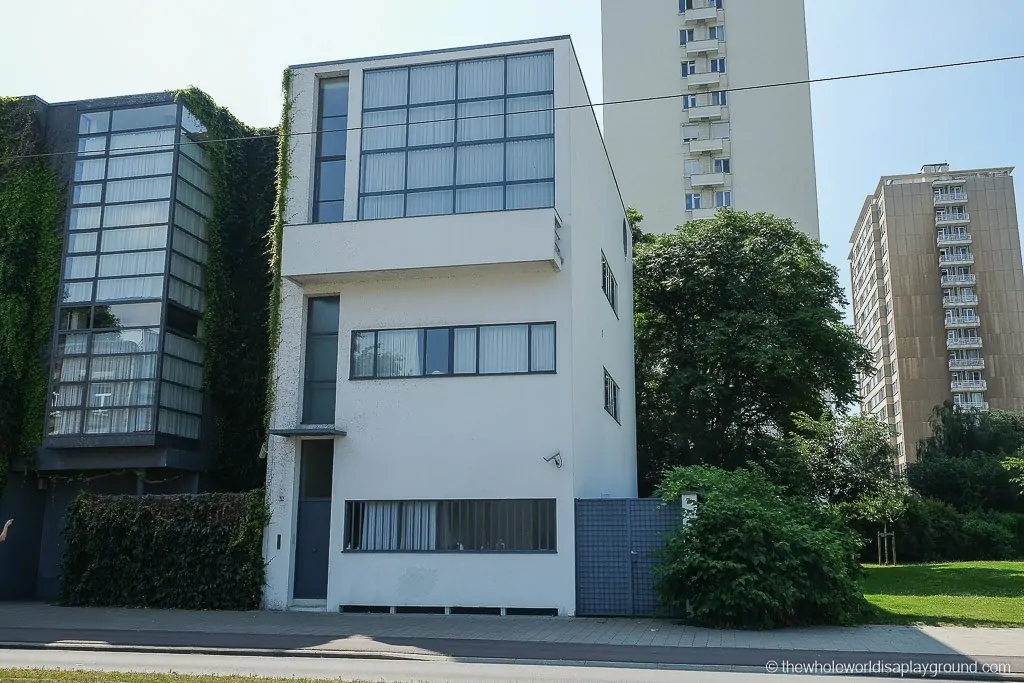
12 | The Four Lifts on the Canal du Centre and their Environs, La Louvière and Le Roeulx (1998)
We didn’t know what to expect of the four hydraulic boat lifts located near La Louvière but we were really impressed by the scale of the structures. Through impressive engineering the lifts raise and rop boats by over 60 metres to access the two river basins below.
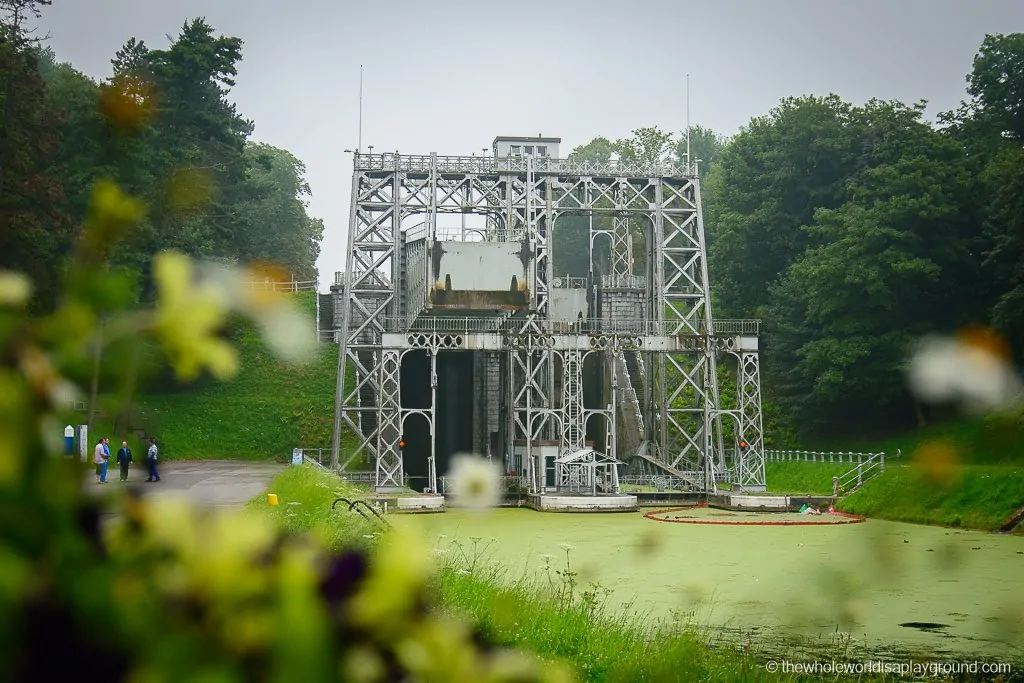
This site is awesome! I really like the photos! Tnx for sharing!????
Thank you!